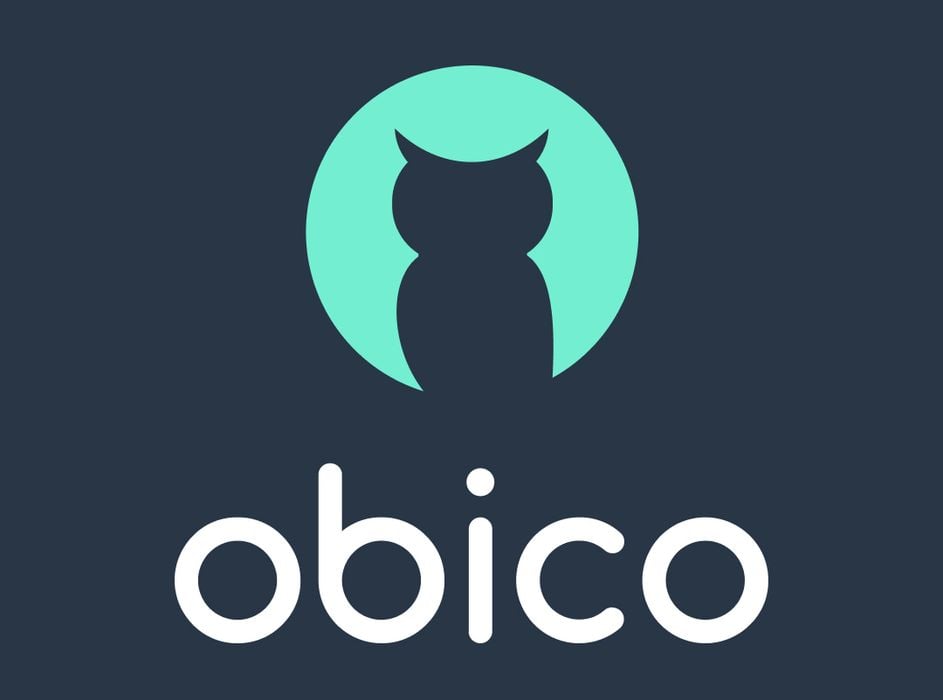
Readers may recall The Spaghetti Detective. Now it has been rebranded and expanded.
The Spaghetti Detective was an early system for using machine vision technology to attempt real time identification of print failures. California-based founder Kenneth Jiang sought a means to intelligently detect failures that happened all too often when 3D printing. His solution turned into the Spaghetti Detective.
The idea was to point a webcam at your print plate and The Spaghetti Detective would periodically observe the print and run the received images through an AI system to trigger action if required.
This is an important capability, as it could potentially save a great deal on wasted filament, should a large job fail early.
The Spaghetti Detective was implemented by means of an Octoprint plugin. This allowed it to fully integrate into an already proven 3D printer management system.
We first noticed The Spaghetti Detective two years ago, and at the time it was a free service. There was intentions of having a US$2 monthly fee for access, however.
Since that time we haven’t heard much from the company, aside from a small security incident last summer in which 73 users were exposed during a brief technical maneuver for the system’s cloud infrastructure. A super hacker took advantage and was able to initiate prints on the 3D printers of these 73 users. However, the issue was quickly resolved.
Now we hear that The Spaghetti Detective has been entirely rebranded, as it’s now known as “Obico”.
It turns out that the company has been quite busy over the past two years, adding interesting functions to their system. They now offer an easy to use mobile app for monitoring and controlling a 3D printer, as well as a way to remotely access the printer via an Octoprint tunneling solution. They have also developed a solution for Klipper, which does not require Octoprint.
Because of these additions and future plans, they felt it best to rename the company to indicate they do much more than simply detecting print failures. Hence, Obico.
The project remains open source, although you must use a server for correct operation. This for most users means a connection to the Obico Cloud. The company provides two plans, one is free, and is intended for occasional users — which means 10 hours of AI Detection per month. The other, the “Pro” plan, costs US$48 per year and offers 50 hours of AI Detection on a single device. Additional devices are possible, but cost US$2 each per month.
There is an option for running your own Obico Server, which may be of interest to some operators.
One very interesting feature is the availability of APIs to access the Obico Server. This means that it might be possible to integrate AI Detection directly into a complex 3D print farm workflow, for example. It is also possible to create plugins for the server for additional functionality.
Existing Spaghetti Detective users on Octoprint are now asked to install the new Obico plugin to replace the older Spaghetti Detective plugin.
Obico reports they have over 100,000 users of the system, which is a rather large number. I suspect the vast majority of them are on the free plan, but with added features continuing to appear, Obico may indeed grow significantly in the future.
Via Obico
